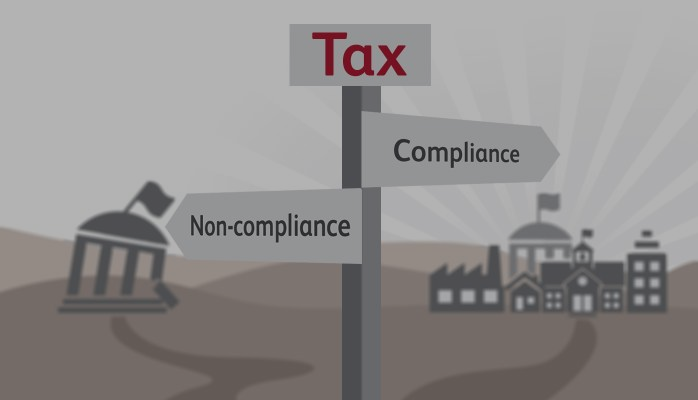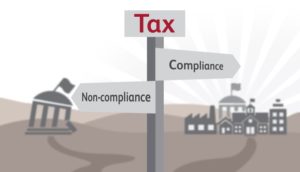It seems like every day we receive calls from prospective clients who are in extreme stress because the IRS or State is aggressively attempting to collect what they claim to be outstanding tax debt. The tax authorities have collection methods at their disposal that a debt collector could only dream of. There could be unexpected visits at your home or your work. Your bank accounts could be levied. Your wages garnished. Your possessions could be taken and sold for a fraction of their cost at a tax auction. You can't bankrupt tax debt. And with penalties and interest that can surpass the rates of a loan shark, it can seem like you'll never be able to restructure your life and get ahead again. You don't agree with the amount the tax man wants, but how do you fight him? An overwhelming sense of doom soon sets in.
Representing yourself in front of the IRS or State can often be the kiss of death. This is not the time to play arm-chair tax professional. You need help from a seasoned tax professional - one who is knowledgeable, responsive and experienced. And if the person knows what they are doing the fees can be a lot less than you think.
The first step in putting out the flames in an over-aggressive tax collector is to get you into COMPLIANCE. Tax compliance means determining any outstanding tax forms which need to be filed and getting them filed quickly. This also means determining any forms the tax man may have filed on your behalf and preparing and filing your own version of the tax form.
Why would the IRS / State file a tax form on my behalf?
In order for the IRS or State to collect a tax debt, the amount that you owe has to be determined or assessed. Depending on the taxing authority, there could be an "arbitrary assessment", meaning that the tax debt for that non filed form can be set at the maximum amount the law allows, even though you most likely owe substantially less.
Doesn't the IRS / State have to file the tax form by determining what I actually may owe?
No. Let's look at two examples -
Example #1 - the IRS has copies of your W-2's and you haven't filed your taxes for 3 years. The IRS is not going to estimate your tax deductions should be, give you dependency exemptions or apply tax credits. They are going to file the forms on your behalf showing primarily wage income with no deductions to maximize the amount that you may owe.
Example #2 - You haven't filed a Sales Tax form for your State. Typically you owe $500 per quarter. But a State statute allows the State arbitrarily assess any unpaid tax liability at the greater of $10,000 or the highest amount you paid for the past 2 years. In this situation, even though you typically owe only $500, the State will most likely assess your tax liability at $10,000.
Why would the IRS or State do this?
Because once the government makes an assessment, they can not increase the amount of the tax liability. Therefore, aim high!
The first steps
The first thing that we do is let the tax authorities know that you are working with a tax professional to resolve your tax liability. We determine what forms need to be filed (whether un-filed or filed by the tax man) and we submit to the IRS / State a time frame of when the reports will be filed. Before we can even discuss making payment arrangements, and offer in compromise or any other type of settlement, you MUST be in tax compliance. Sticking to the time frame proposed is critical, because it speaks volumes to how likely you are to adhere to a repayment plan.
Just simply letting the IRS know that you are working with a tax professional and submitting a timeline for compliance will often most likely bring all collection activity to a halt.
It is in the best interest of the IRS / State to resolve your debt amicably.
Why not?
If you own a business and your business fails because of your tax debt, not only may the government be at risk for paying out unemployment claims - but putting you out of business means that your business will also never again be paying sales taxes, income taxes, excise taxes and many other taxes your business is subject to. If you can get complaint and submit a plan to pay towards your old taxes and stay current with new taxes, it's in the government's interest to work with you.
If you are an individual, making you homeless or dependent upon the government for welfare and/or other subsidies only makes you a burden to the overall economy. The government wants what they can reasonably collect over a very long period of time - but they can't make you homeless in the process.
How do I start?
Call us today at 856-226-9524, e-mail us at mike@pinkharbor.com or fill out our contact form. We're incredibly responsive and we will provide you with quick, aggressive service.






